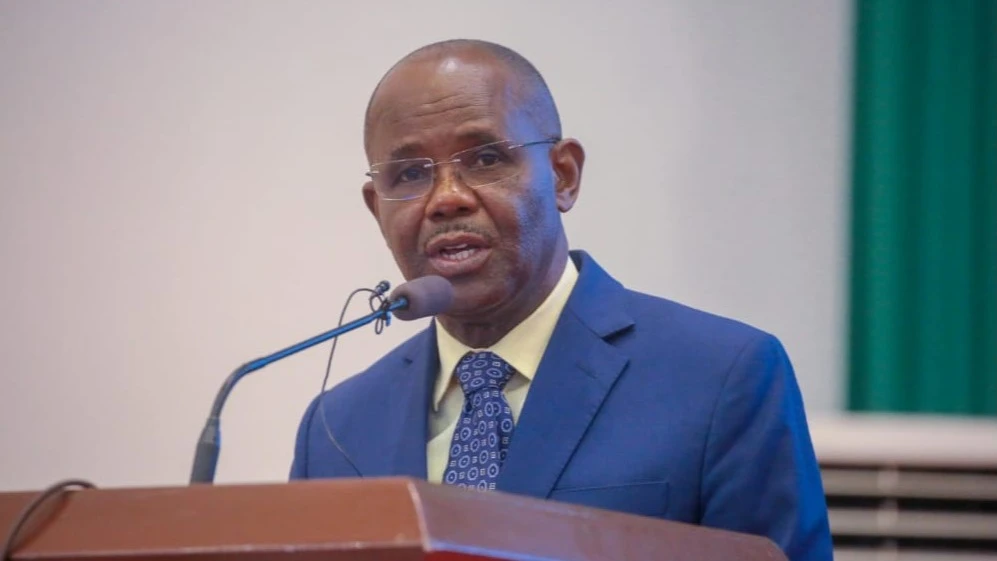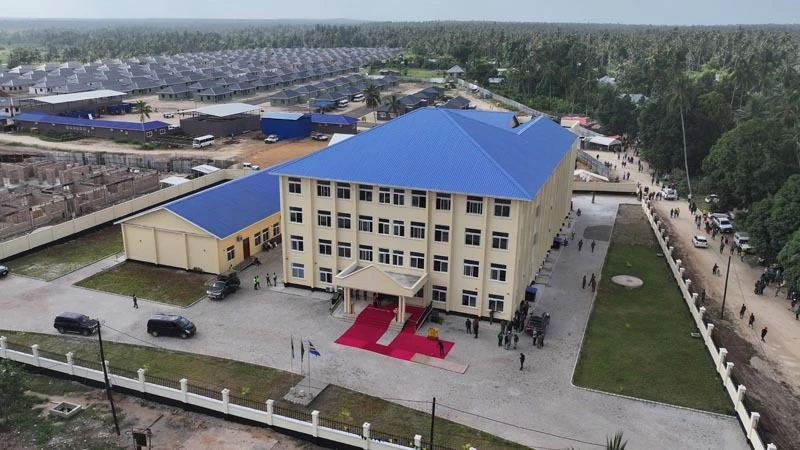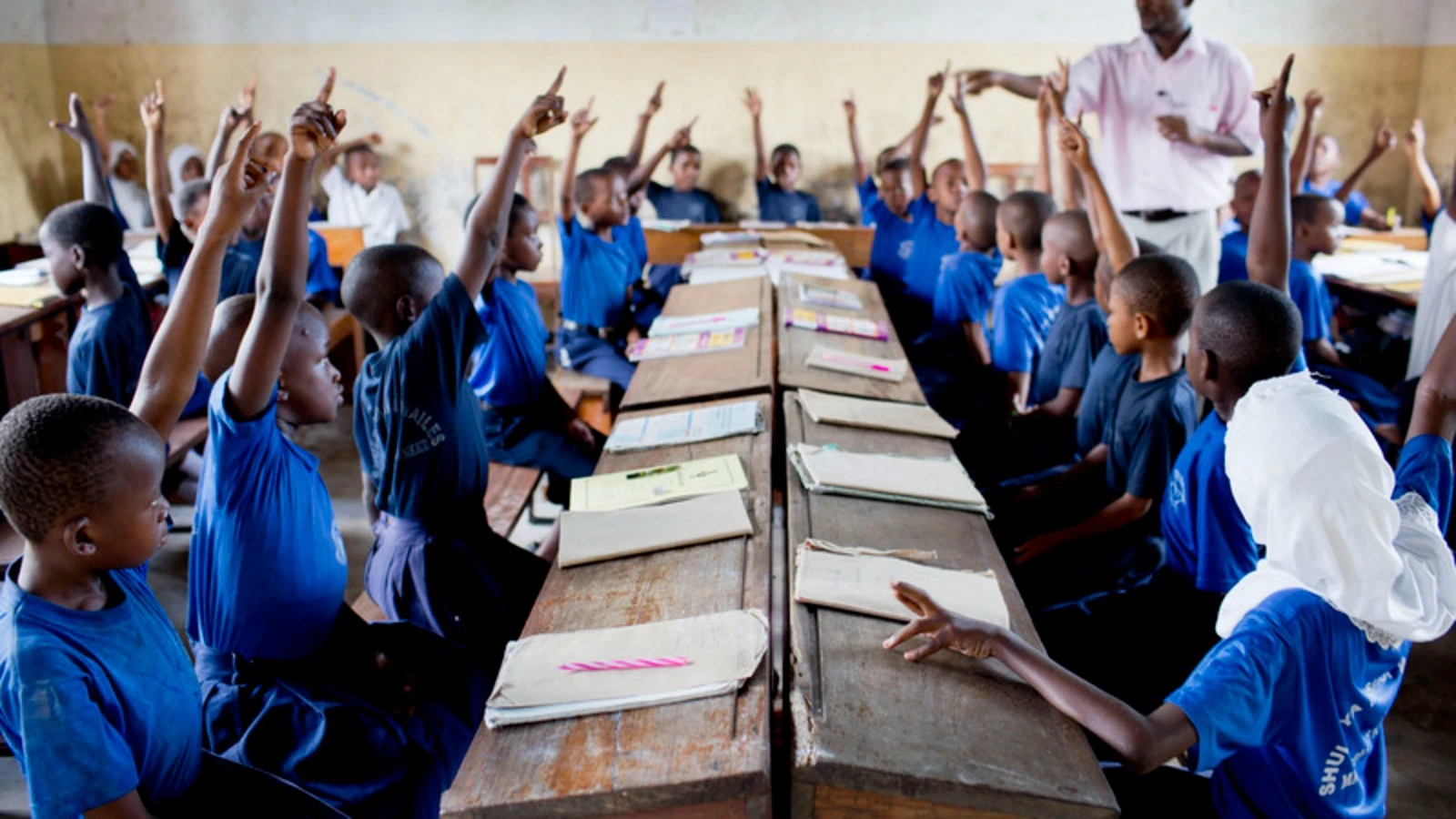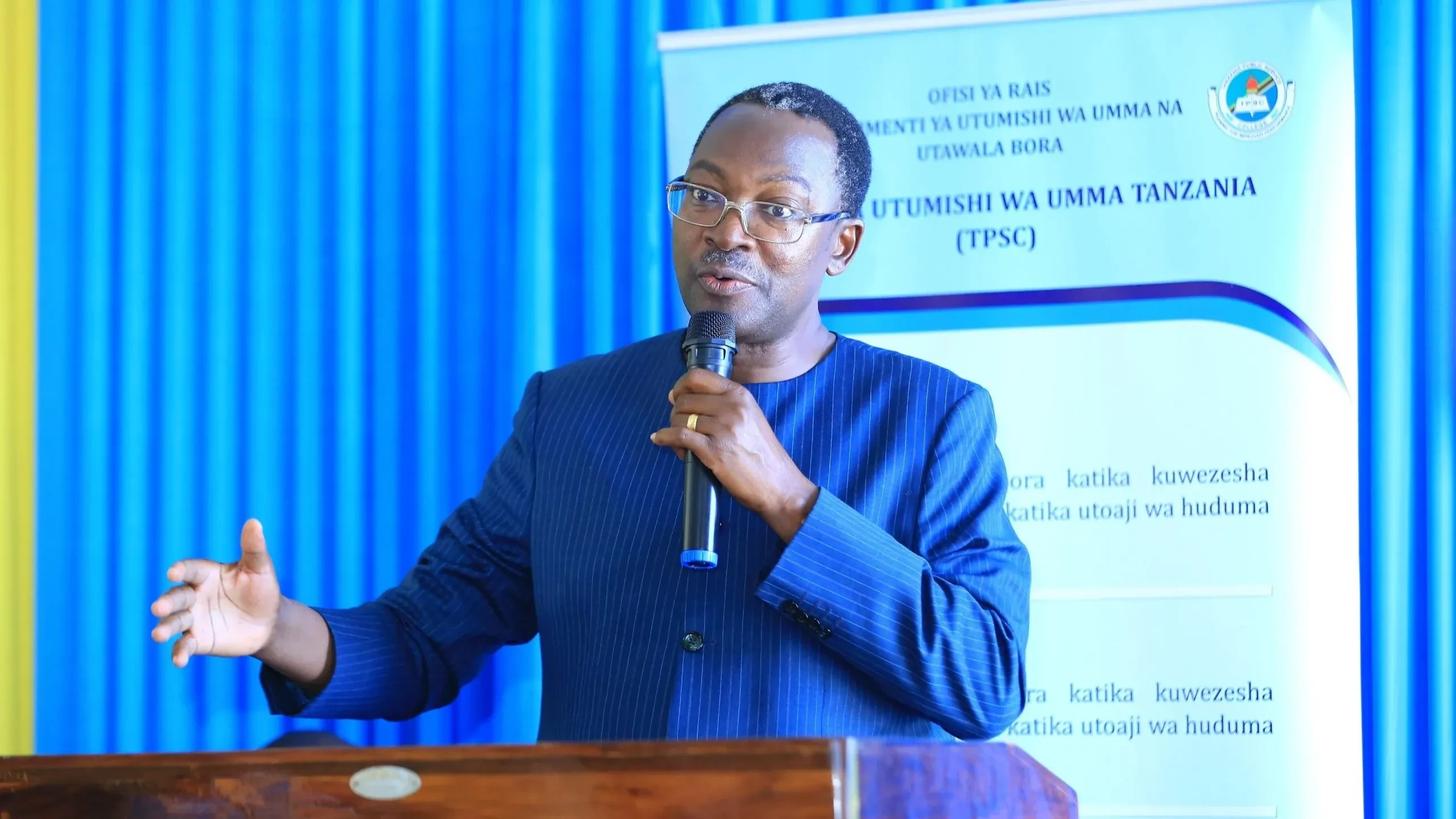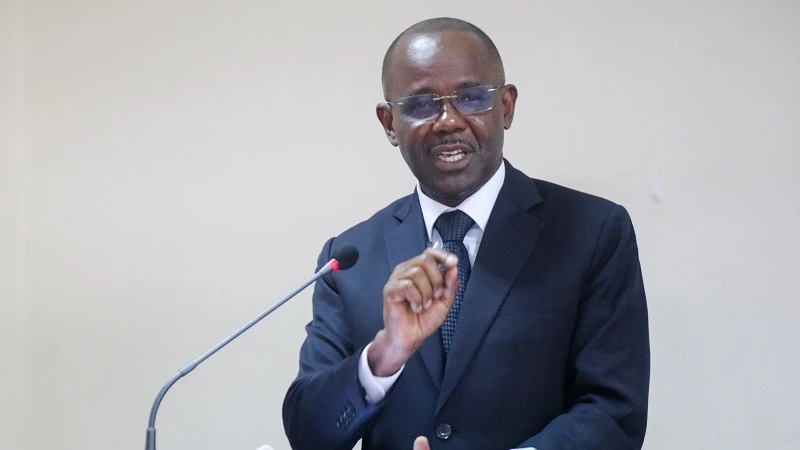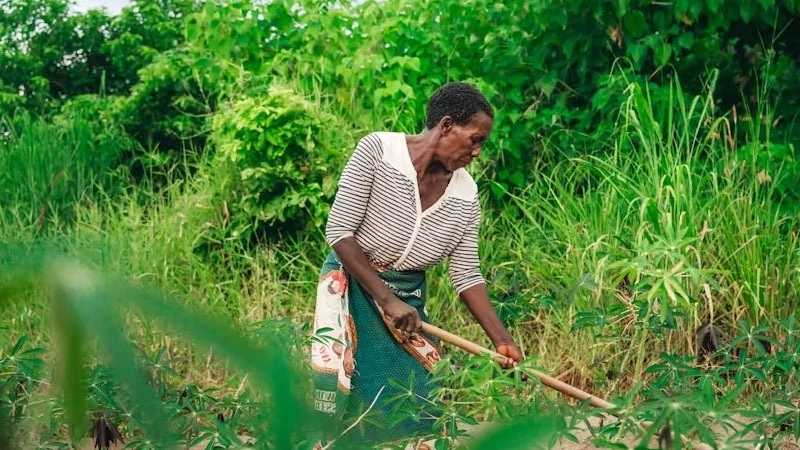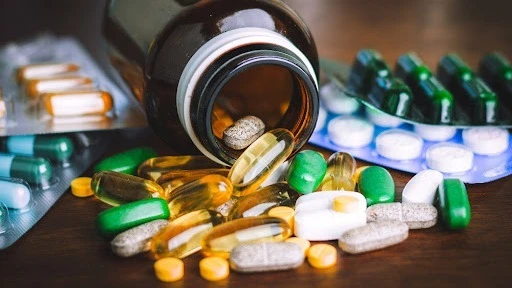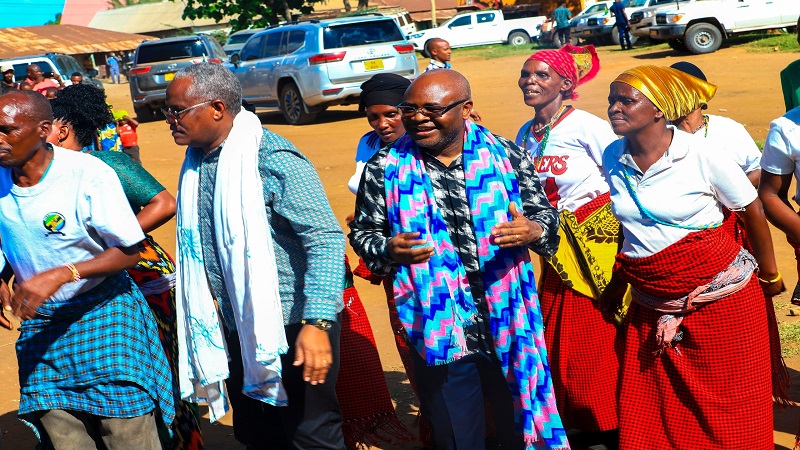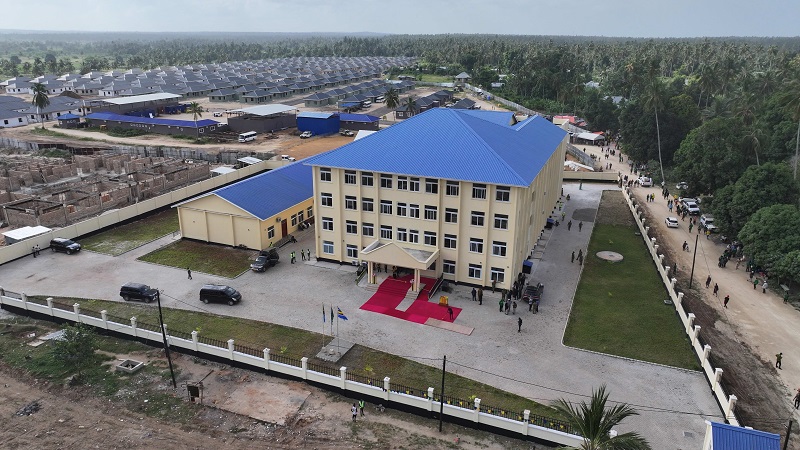A Different Dangerous
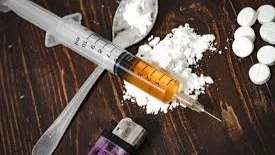
In November 2024 the Tanzania Drug Control Enforcement Authority seized 10 bottles of Fentanyl, amongst other drugs. The first time I heard about Fentanyl and seen its impact (there are plenty of videos about it on Tik Tok), I thought to myself that when this drug reaches Tanzania, it would be a disaster! But 10 bottles only, you may ask? Well, let me share some basic facts; it’s about 50 times stronger than heroin.
A single bottle can serve large number of users as it can be mixed with other drugs to intensify the high (Cloud 9.) And perhaps more alarmingly, it is the leading cause of drug overdose deaths in the United States. Just think about, how much pain (mental, physical, emotional) would someone be experiencing to consume a pain numbing substance more powerful than morphine and heroin! The 10 bottles of this lethal drug were found in an M-Pesa shop somewhere in Dar es Salaam. How it found its way is none of my business but the fact is that there is undeniable need as supply always follows demand.
This column however is not about judging who is using what. I have already stated that addiction is not about the substance. So, NO! We are not meddling in anyone’s private choices or pleasures. We are merely, red-flagging an issue that remains largely unaddressed yet it is silently claiming many lives.
What is addiction?
Addiction is a word that carries weight. For some, it’s a far-off concept, a problem that happens to others maybe those far away like in the US! In Tanzania, addiction is seen through a complex lens shadowed by cultural, social and economic factors viewed with a sense of stigma. It is regarded as a personal weakness, a misfortune, a lack of discipline and vision or even a problem of supernatural influences, “atakua amerogwa”.
The Tenth Revision of the International Statistical Classification of Diseases and Related Health Problems (ICD-10) by the World Health Organization includes in Chapter V a detailed classification of over 300 mental and behavioral disorders that can be refereed to as addiction. Its publication follows extensive field-testing by more than 100 clinical and research centers in 40 countries. WHO describes addiction as first, a mental disorder. I agree, because it doesn’t make sense to repeatedly consume something that alters your mood, in a way that subjects you to multiple near death experiences, but you keep doing it, ignoring the severe consequences. Something has affected the mind’s ability to control pain, self regulate.
Second, a behavioural disorder because there is interference with how an individual functions that develops as a result of repetitive rewarding behavior other than use of alcohol or drugs so take for example gambling, gaming, compulsive sex, pornography to mention but a few. The WHO classification goes on to group addiction disorders caused by substance use (21 categories) and those due to behaviour (4 categories). By this ‘diagnosis’ let us just agree that everybody knows somebody with addiction so why not talk about it and address it with the needed, weight and optimism.
The Alcohol, Drug and Addictive behaviours Unit at WHO has designed a manual on prevention and management of this health condition that each country must adhere to as a show of commitment to the Sustainable Development Goals, target 3-5 (Strengthen Prevention and Treatment of Substance Abuse including narcotic drug abuse and harmful use of alcohol.)
Transformation begins with Awareness
As highlighted in last week’s article, the priority areas sited by the Tanzania Health Sector Strategic Plan (2021-2026) is to strengthen prevention, treatment, and rehabilitation services for victims of substance addiction by first, integrating substance addiction into mental health services. Second, supporting the establishment and maintenance of treatment and rehabilitation centers for mental health and substance addiction in each region and third, by improving education and, where needed, control of addictive substances.
On the aspect of improving education, I believe its not just improvement that is needed but rather providing the education on a massive scale, consistently making it an integral part of public life rather than something just highlighted during specific events such as a successful drug raid or on the 26th June of each year which is the international day against illicit drug use and trafficking. The ‘silent treatment’ only perpetuates its dangerous effects preventing individuals from seeking help and keeping society from understanding the true scope of the problem.
Did you know?
Addiction is not about alcohol or drug abuse par se. It is a medical condition deeply connected to an emotional, psychological or physical trauma. It often sneaks in during an individual’s vulnerable period.Common symptoms begin with a sudden mood or personality change. Emotions can shift rapidly swinging from happiness to sudden irritability in an instant, which affects social interactions.
Furthermore, an individual suffering from substance addiction will tend to have unexplained anxiety or depression often accompanied by an overwhelming drive for perfectionism or excessive worry, sadness and self-loath. The individual will forgo their physical appearance. Poor grooming habits are typical. Then withdraws. Who wants to socialize with stinking Jo/anna? So we’ve got to make new friends, the ones with the same problems as ours- scattered thoughts, resistant, highly reactive, hostile, prone to lying, procrastinating, narcissistic tendencies and many more. What follows is the erratic behavior while making numerous impulsive bad-decisions that affect every human relationship the individual has with family, work, spouse and children. This is where the police get involved from time to time and domestic violence sets in too.
A moody, depressed, stinking, bruised loner, isolated from friends and family cannot function in society at this point. Schedules and daily routines become opposite to everybody else’s. Morning become nights, nights become mornings until the individual looses track of time entirely. The body now welcomes high blood pressure, heart attacks or stroke because of the lack of sleep, poor diet, dehydration and strain on the body. At this point, the cravings are still on demand. The now dysfunctional brain reward system ‘dopamine’ wants more and more but ‘stuff’ costs money so something needs to be done. This is the moment where the master manipulator takes center stage, weaving lies, exploiting weaknesses, deceit, force or outright intimidation to achieve their goal, which is to get money for their next fix, to settle the cravings. This cycle would go on until, death do-us apart as addiction is a chronic progressive disease.
In many regions, young populations are especially at risk, although addiction does not discriminate. Intervention starts with the willingness to see addiction for what it is, to challenge stigma and to invest in solutions.
Share your views:
Email [email protected]
Follow: https://x.com/NII_Tanzania
Top Headlines
© 2025 IPPMEDIA.COM. ALL RIGHTS RESERVED











